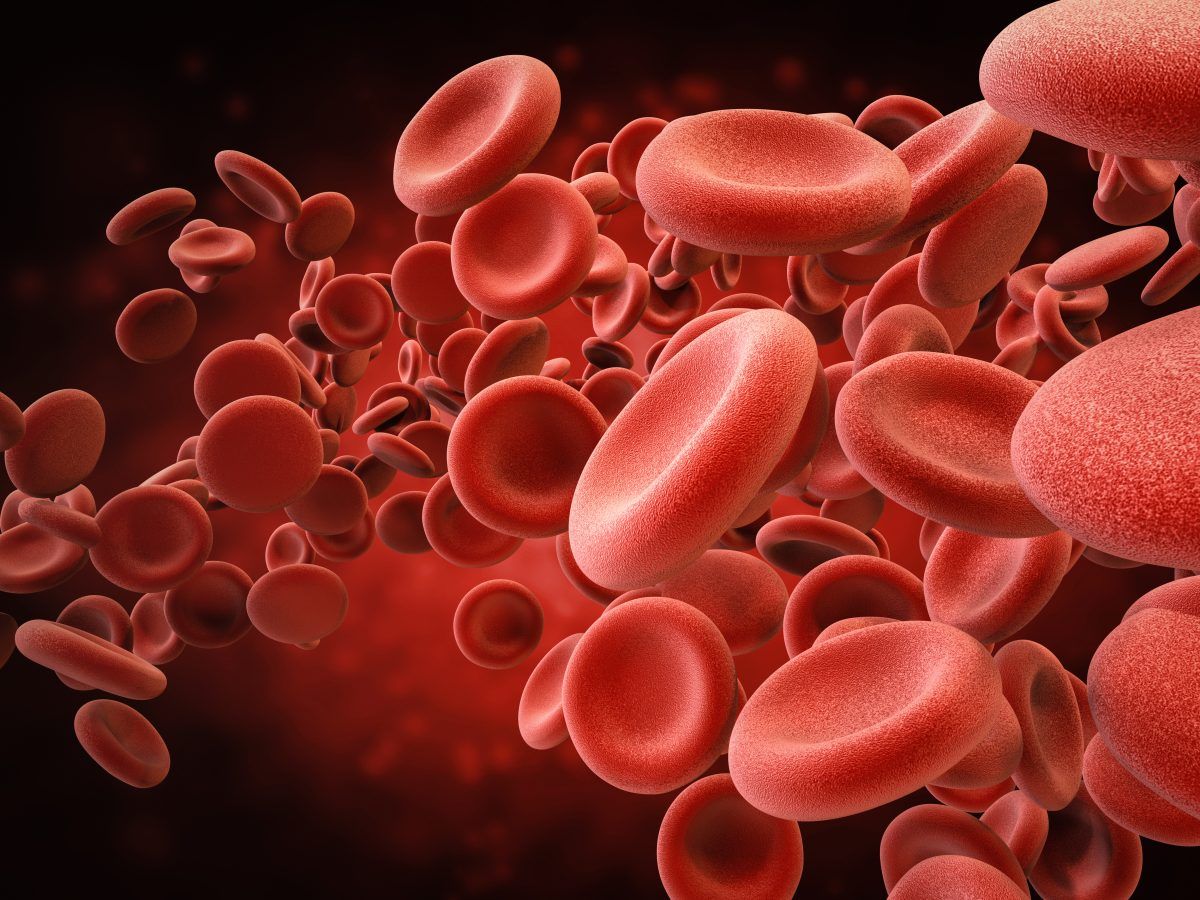The Birmingham Health Partners NIHR Wellcome Trust Clinical Research Facility (CRF) has been successful in its renewal funding bid from the National Institute for Health Research.music
The NIHR Wellcome Trust CRF was established in 2000 as one of the original 5 ‘millennium’ facilities, based at Queen Elizabeth Hospital Birmingham. It incorporated a facility at Birmingham Women’s and Children’s hospital in 2008. This new award of £12.9million will continue to allow BHP founder-members UHB and BWC NHS Foundation Trusts to provide patients with opportunities to participate in experimental medicine research projects alongside their routine clinical care, in our ageless approach to care – from newborns through childhood, adulthood, maternity to old age. In addition to this, the CRF is a vital facility enabling healthy volunteer studies and first in human trials for the advancement of new treatments and will continue to deliver this important work over the next five years.
The CRF supports both research and education, ensuring it maximises opportunities for staff development including all learners whether students on placement or healthcare professionals pursuing a clinical academic career.
Joanne Gray, CRF Clinical Manager said: “This is fantastic news for UHB and BWC patients and staff, allowing continuation of an established research facility leading to direct patient benefits and new technologies supporting patient care pathways.
“I am so happy to have received this news following our bid for funding at a time of such challenging times for the NHS. It is great news for not only the CRF team but for the whole of the Birmingham region as we continue to offer research to Birmingham patients in an area the size of Scotland with the diversity of the world.”
Dr Dhruv Parekh, Programme Director, explained: “Experimental research is crucial and the stepping-stone to finding new treatments that may benefit patients. We are grateful for the on-going funding from the NIHR for the next 5 years to ensure the Birmingham Clinical Research Facility continues its excellent track record of ensuring new discoveries are translated to benefit our diverse populations across a wide range of diseases and ages.”
Professor Jeremy Kirk, Research and Innovation Director at Birmingham Children’s Hospital, said:
“We are delighted that the funding of the Birmingham Clinical Research Facilities has been renewed. This continued funding is a reflection of the very high-quality research being performed within Birmingham, including at the Children’s Hospital, the first paediatric unit of its kind in the UK.
“The early phase studies being performed within the CRF will ensure that our patients have access to the best and most promising therapies both now and in the future.”
Prof Simon Ball, UHB Chief Medical Officer added: “We are delighted to receive ongoing support for the Birmingham Clinical Research Facility from NIHR. It is a testament to our world-class facilities and professionals, the strength of the Birmingham Health Partners strategic alliance, and the relationship we have with our patients and population. We look forward to ensuring early phase clinical research is accessible to all the communities we serve.”
Matthew Boazman, Chief Officer for Strategy and Innovation at BWC said: “We are absolutely delighted to have received confirmation of funding and the ongoing support of the NIHR for the Birmingham Clinical Research Facility.
“This recognition is testament to the outstanding track record and expertise we have across the whole of our partnership for the delivery of early phase clinical trials and will enable us to continue to support experimental medicine and the advancement of new treatments from childhood through to old age over the next five years.”
Professor Lorraine Harper, Director of the CRF, added: “We are absolutely delighted to receive this funding award which reflects the world-class staff and facilities we have within our CRF.
We now look forward to offering opportunities to take part in early phase clinical research to a broader range of our diverse communities reflected within our Birmingham Health partnership”
Christopher Hodson, CRF patient/public representative, commented: “The CRF is a centre of excellence, providing vital input into early clinical and medical trials from a wide range of disciplines both from UHB and Birmingham Children’s Hospital. It is supported by a first class medical, nursing and laboratory team with a can-do ethic. It is a privilege to be associated with it.”
Sandra Haynes, also a patient representative, added: “Involvement in the CRF and the funding means that patients get the very real opportunity to influence how research impacts on them, and make it relevant for all of us without medical backgrounds to have a say. We are the voice of those with lived experience, helping to guide researchers and experts to put patients at the centre of all they do.”





